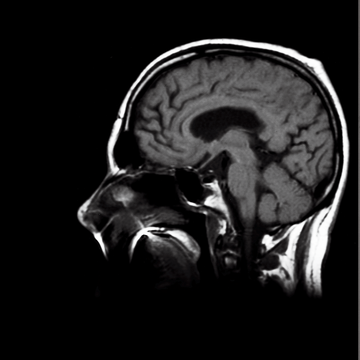Tossing and turning every night can leave you at risk of more than just dozing off in next morning’s meeting: Insomnia can actually predict the onset of back pain, according to recent research from Israel.
After following more than 2,000 adults for 3 years, researchers found that those who reported symptoms of insomnia—like having trouble falling asleep, waking up often in the middle of the night, and getting poor sleep in general—at the beginning of the study were 40 percent more likely to suffer from back pain at the end of the period than those who slept like babies.
Scientists have known for a while that there’s a connection between insomnia and chronic pain, but this study is one of the first to show that the insomnia actually leads to the pain—not the other way around.
So what gives? There are a few possible explanations, but one of the most likely culprits is stress.
“The stress hormone norepinephrine might interfere with how you sleep, as well as how you process pain,” says Monika Haack, Ph.D., of Harvard Medical School’s sleep medicine division, who has previously studied the relationship between sleep and chronic pain.
So it’s possible, she says, that reducing your stress levels might help improve your sleep and reduce some of that pain.
You can try chilling out on your own to reap those feel-food benefits. Give the Best Workouts to Relieve Stress or the 6 Ways to Calm the Heck Down! a shot.
But if you’re still so frazzled you can’t get solid shuteye, you may want to talk with a sleep medicine specialist about cognitive-behavioral therapy, which has been shown to treat insomnia and the resulting pain, Haack says.













